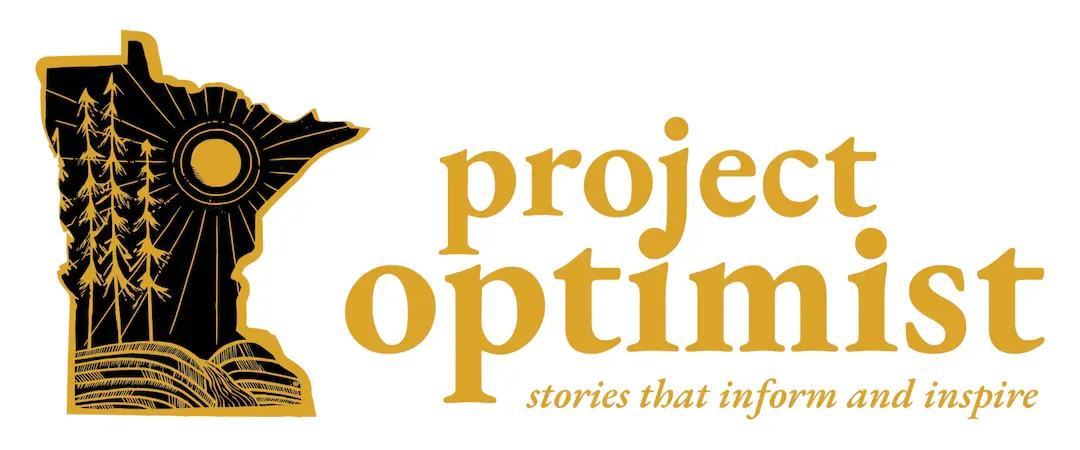Winona residents call for zoning, funding, and empathy to spur needed housing
Winona residents see affordable housing as urgent and solvable, but success will require policy changes, creative housing models, and more community leadership.
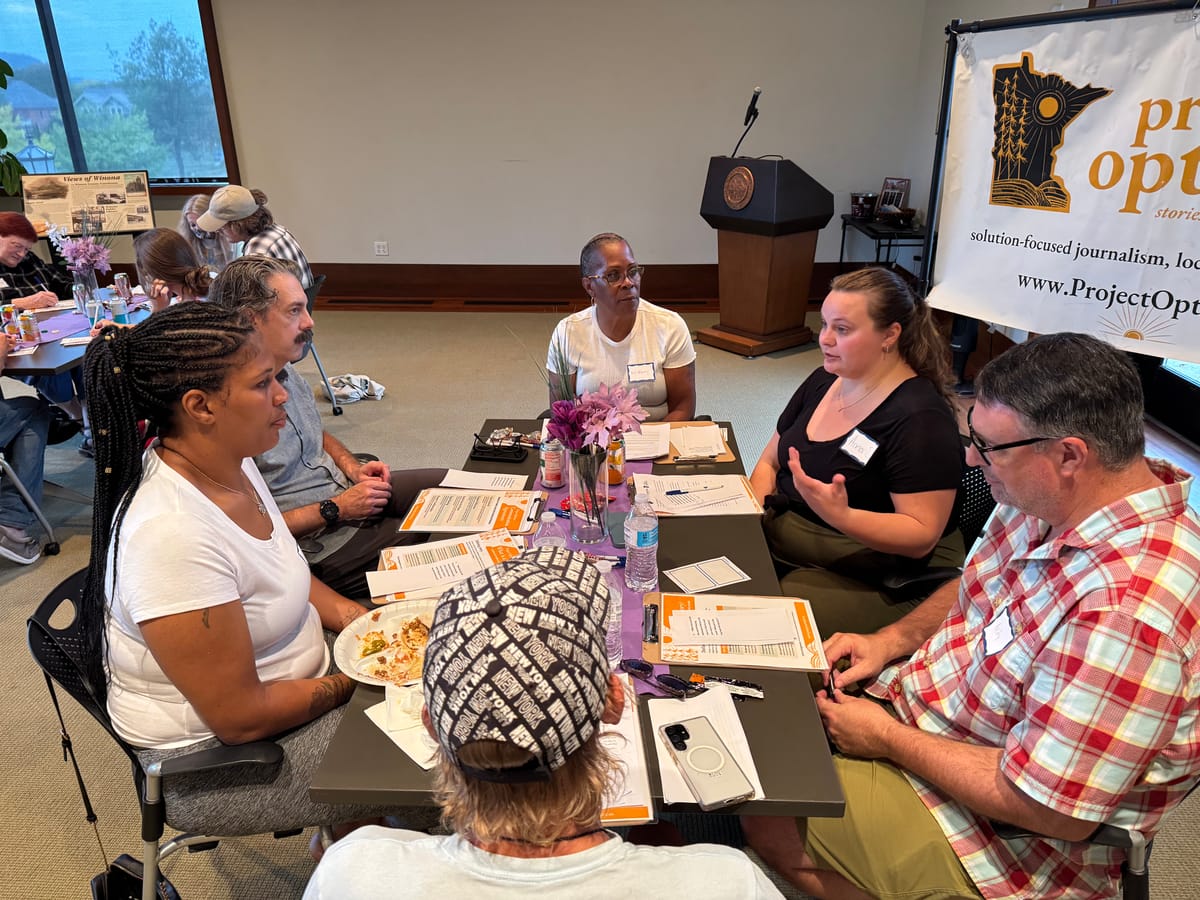
The city of Winona is land-locked with limited space for much-needed housing. It lies between bluffs and the Mississippi River with much of its land zoned for low-density purposes.
This and other barriers have slowed the development of 700-plus homes that Winona residents will need in the next five years.
Those plugged into housing are eager for changes which they discussed at the Winona History Center in mid-September. Winona Area Kitchen Table with Engage Winona and Project Optimist hosted the community conversation and captured stories and ideas from discussions and surveys. This report will highlight some of those insights.
Winona Area Kitchen Table started in May 2023, and its members work on the issue of housing. In 2024 they advocated for a local housing trust fund for the city of Winona which will support affordable housing projects including renovations and new construction, according to Engage Winona. The City Council approved it unanimously in December, and WAKT members are now calling for dedicated funding.
The housing shortage in Winona impacts people of all incomes. At the event in September, residents shared stories of troublesome roommates they dealt with to afford their rent. Middle income residents shared stories of finding homes through word-of-mouth and luck. People who've experienced homelessness shared about the stress of that and expressed a need for other stakeholders to understand that experience.
"I feel people with their own homes don't know of this suffering," someone wrote in the survey.
"How do we make homelessness less painful?" asked a participant in the large group discussion.
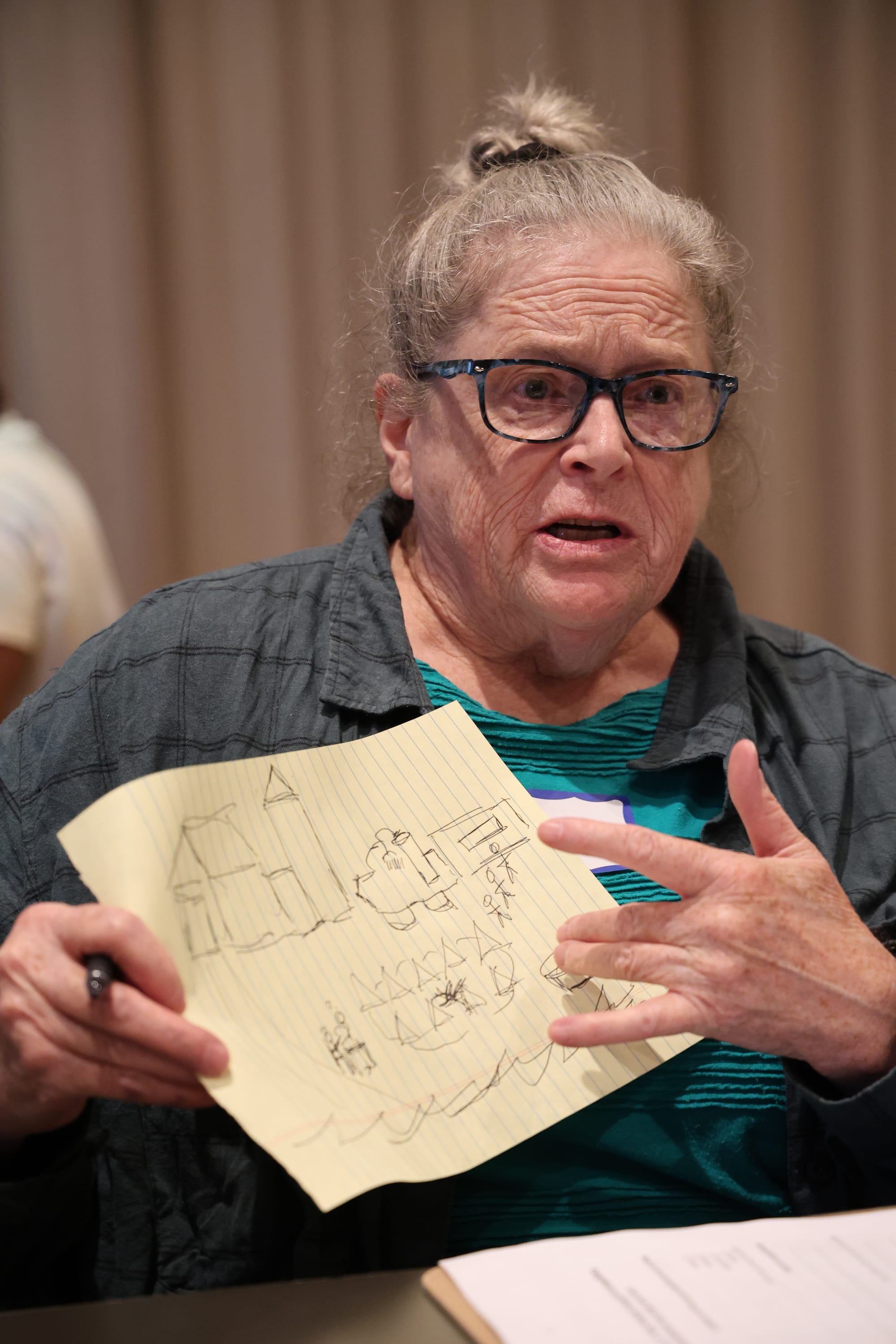
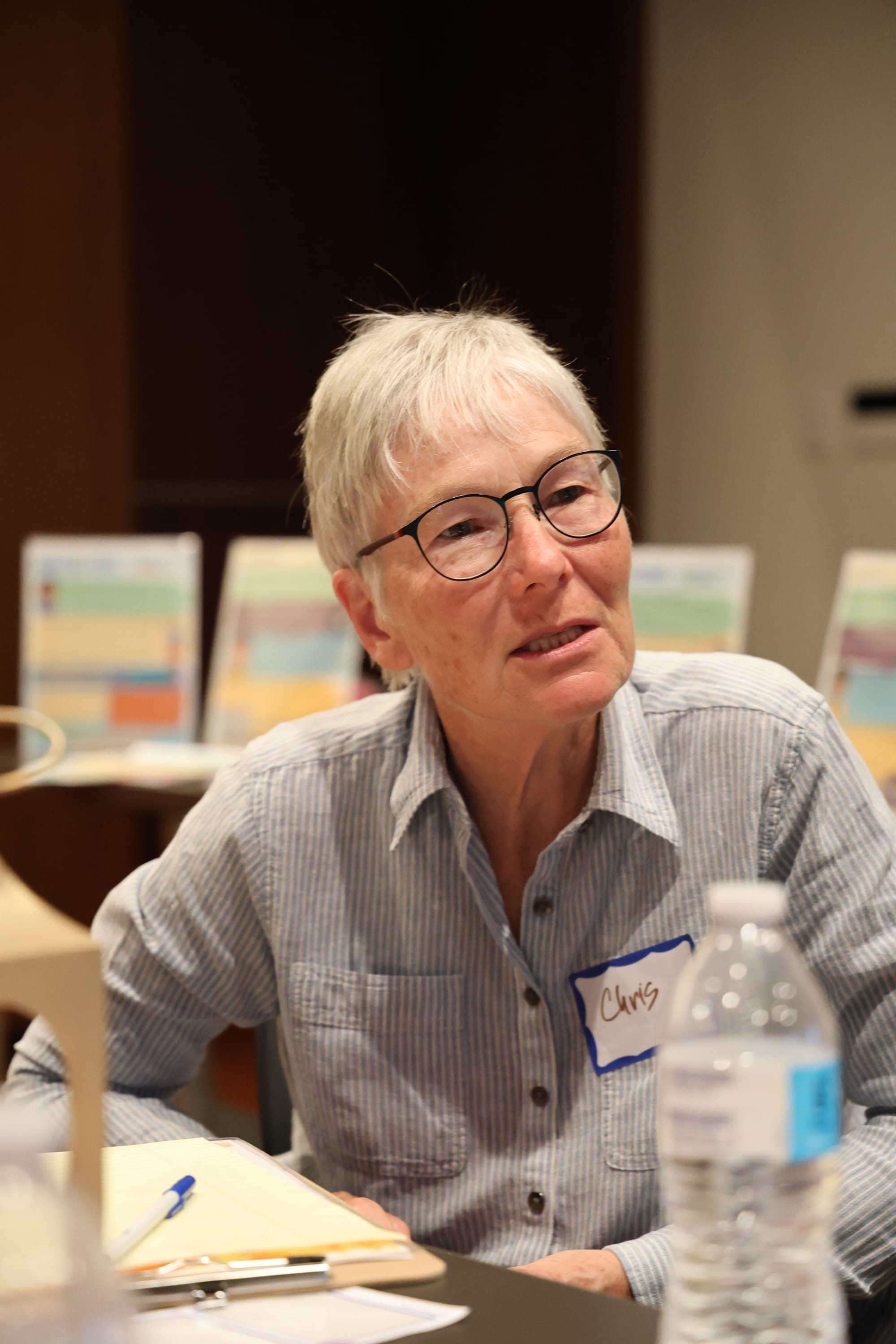
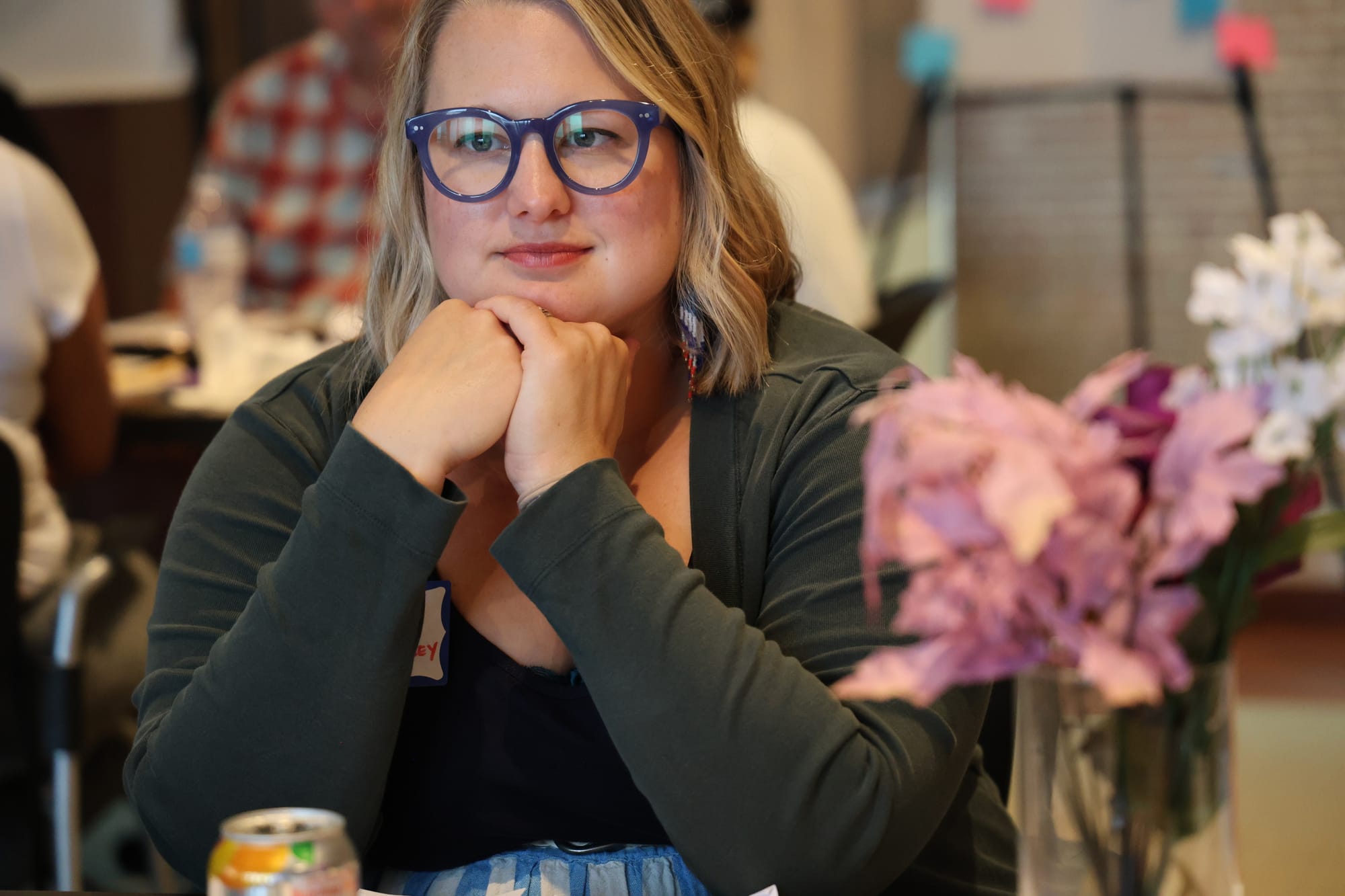
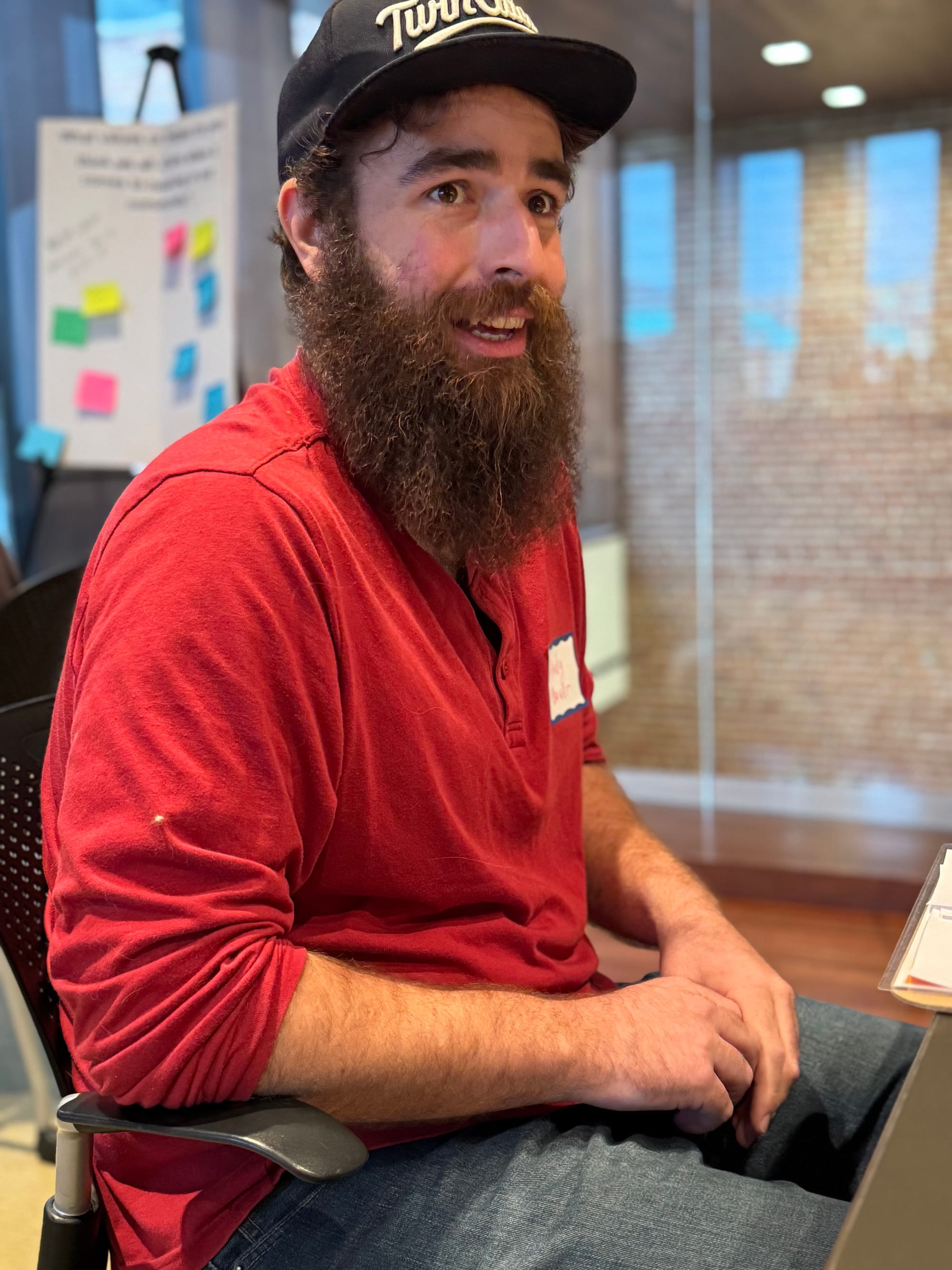
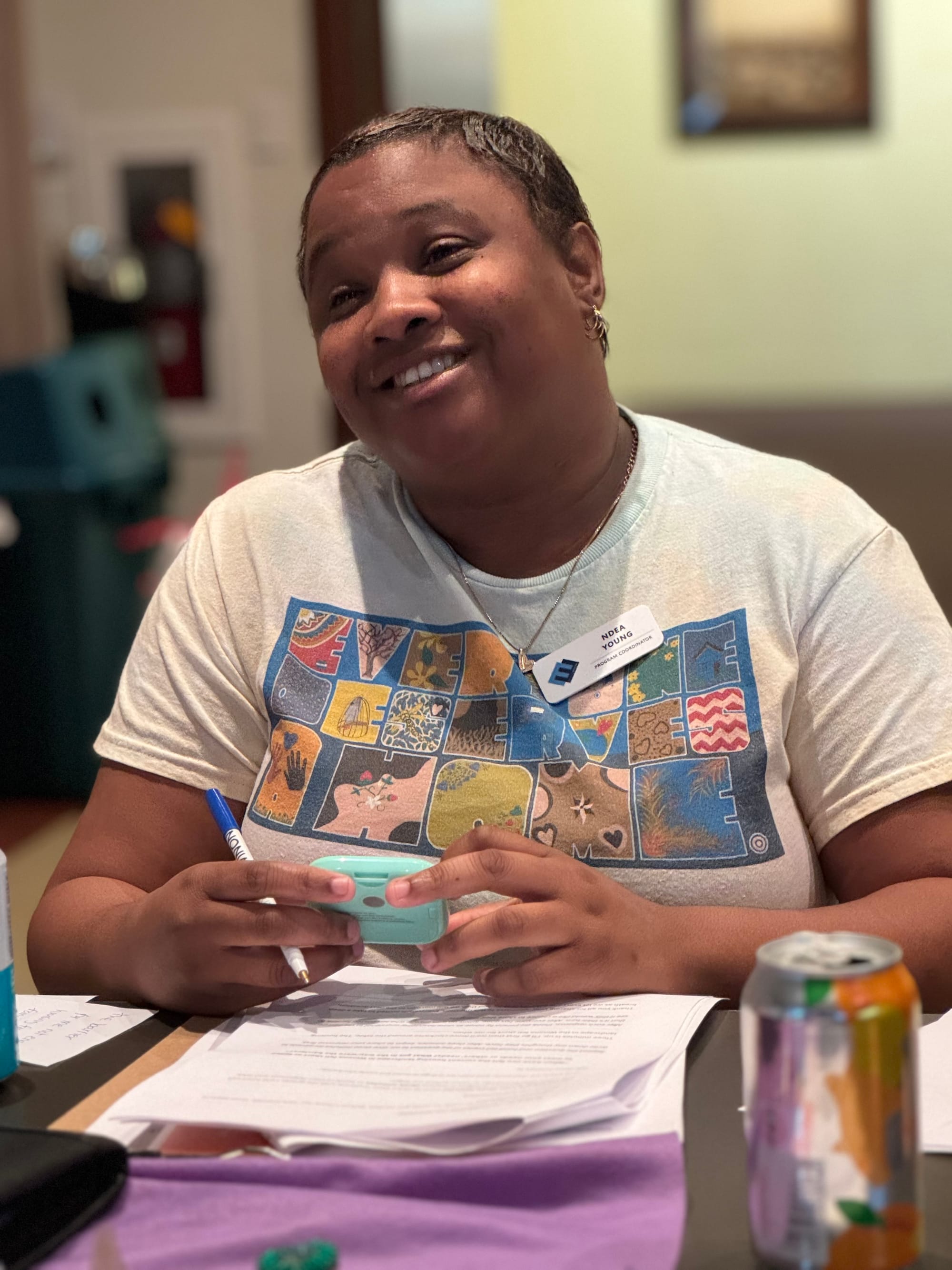
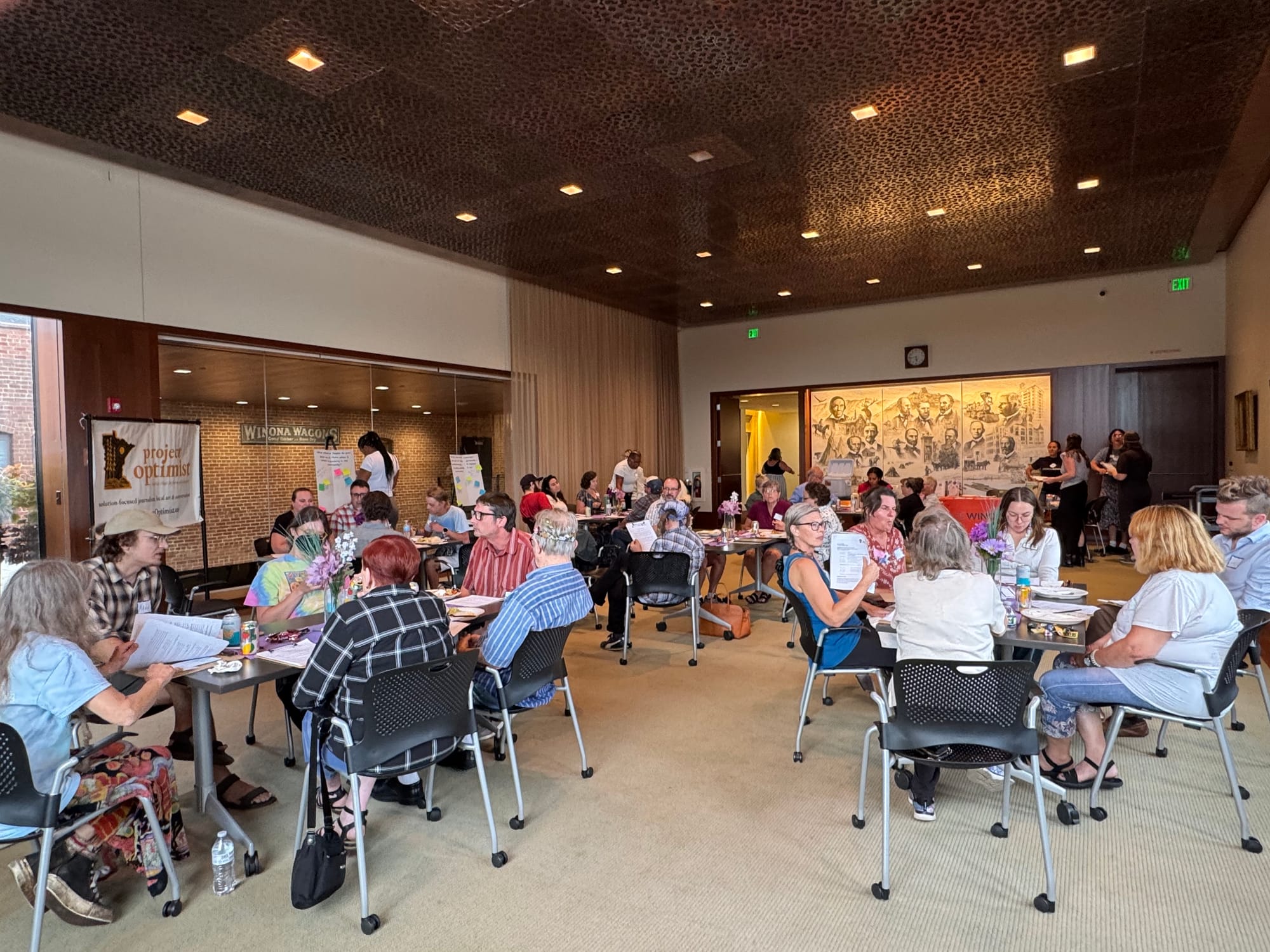
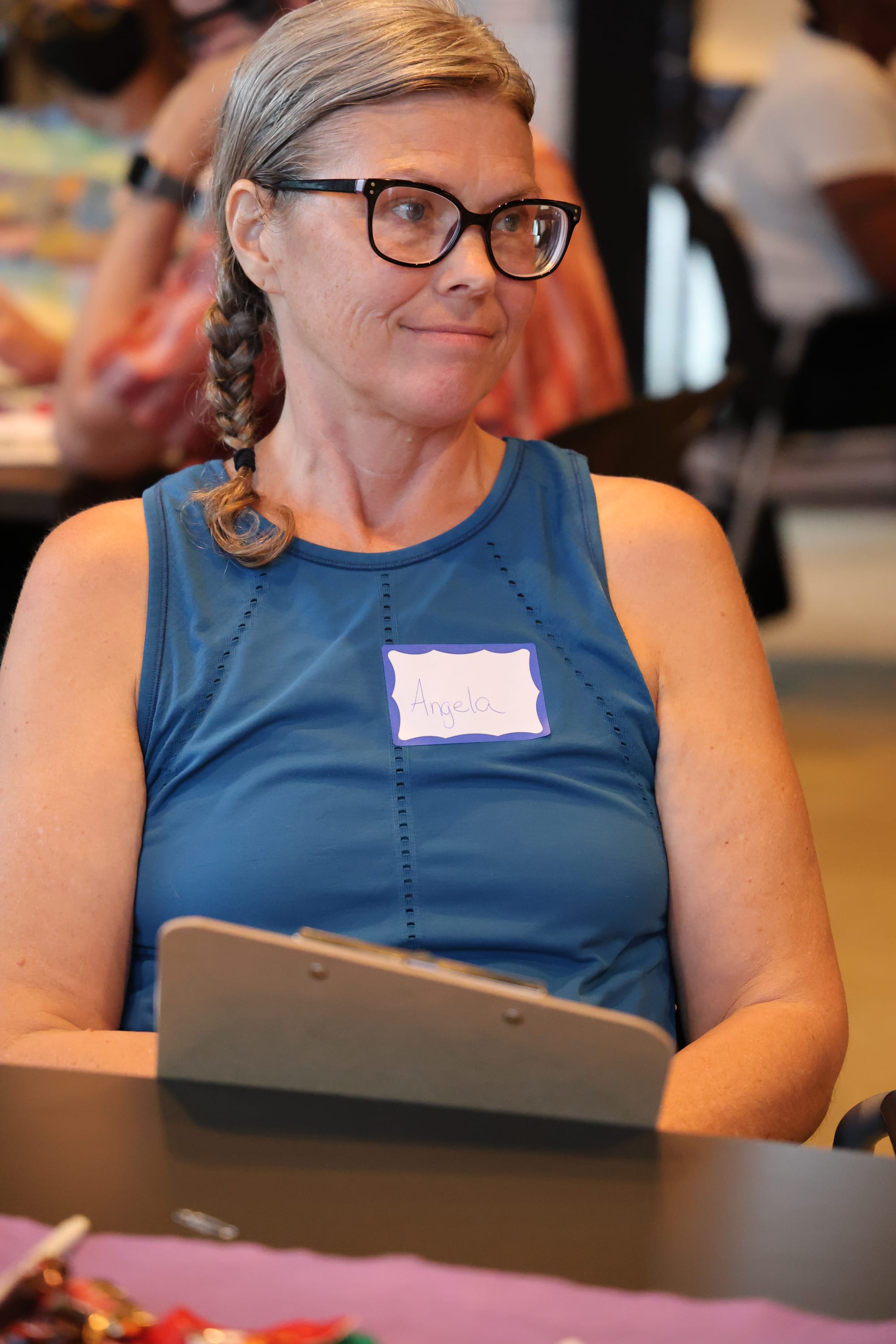
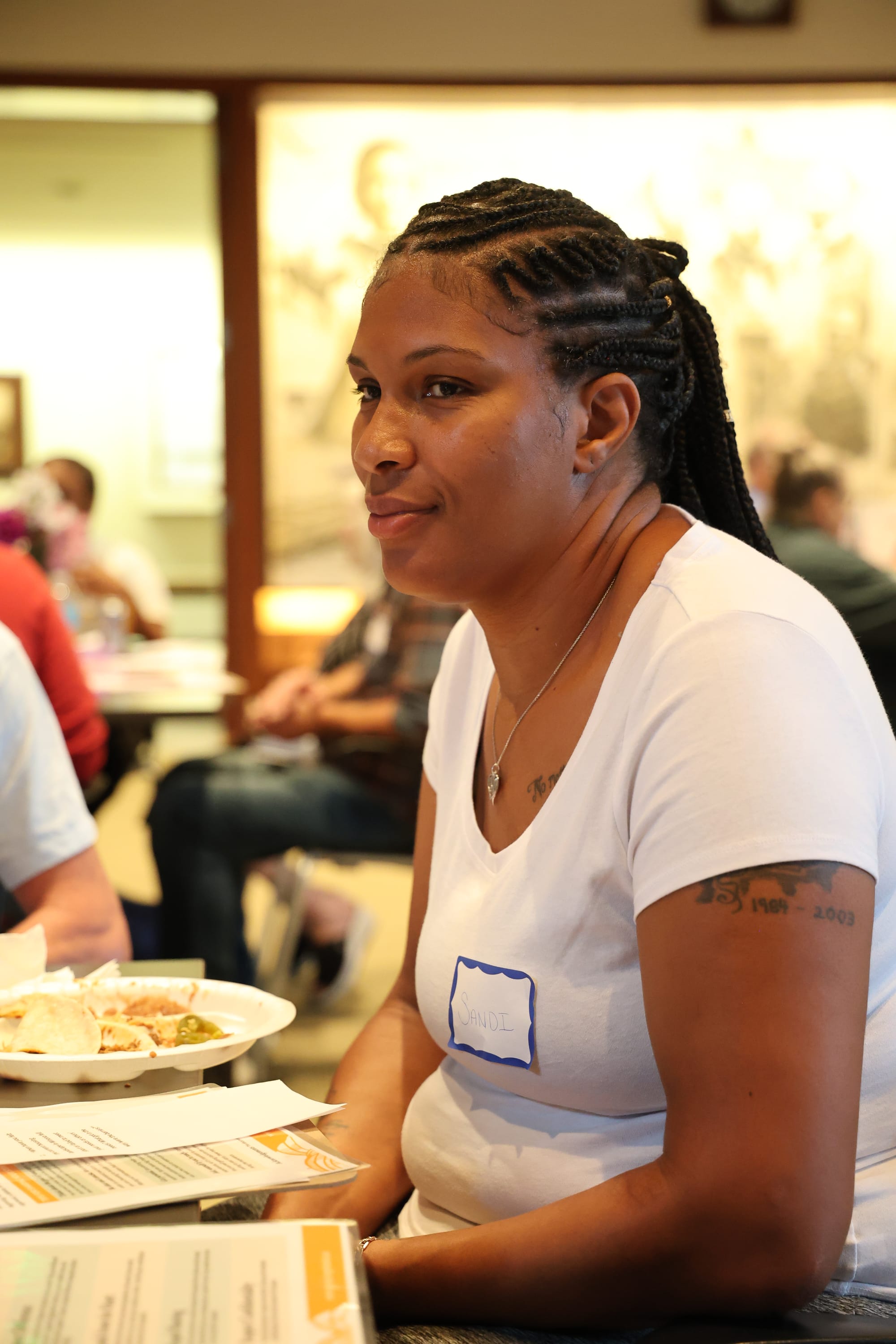
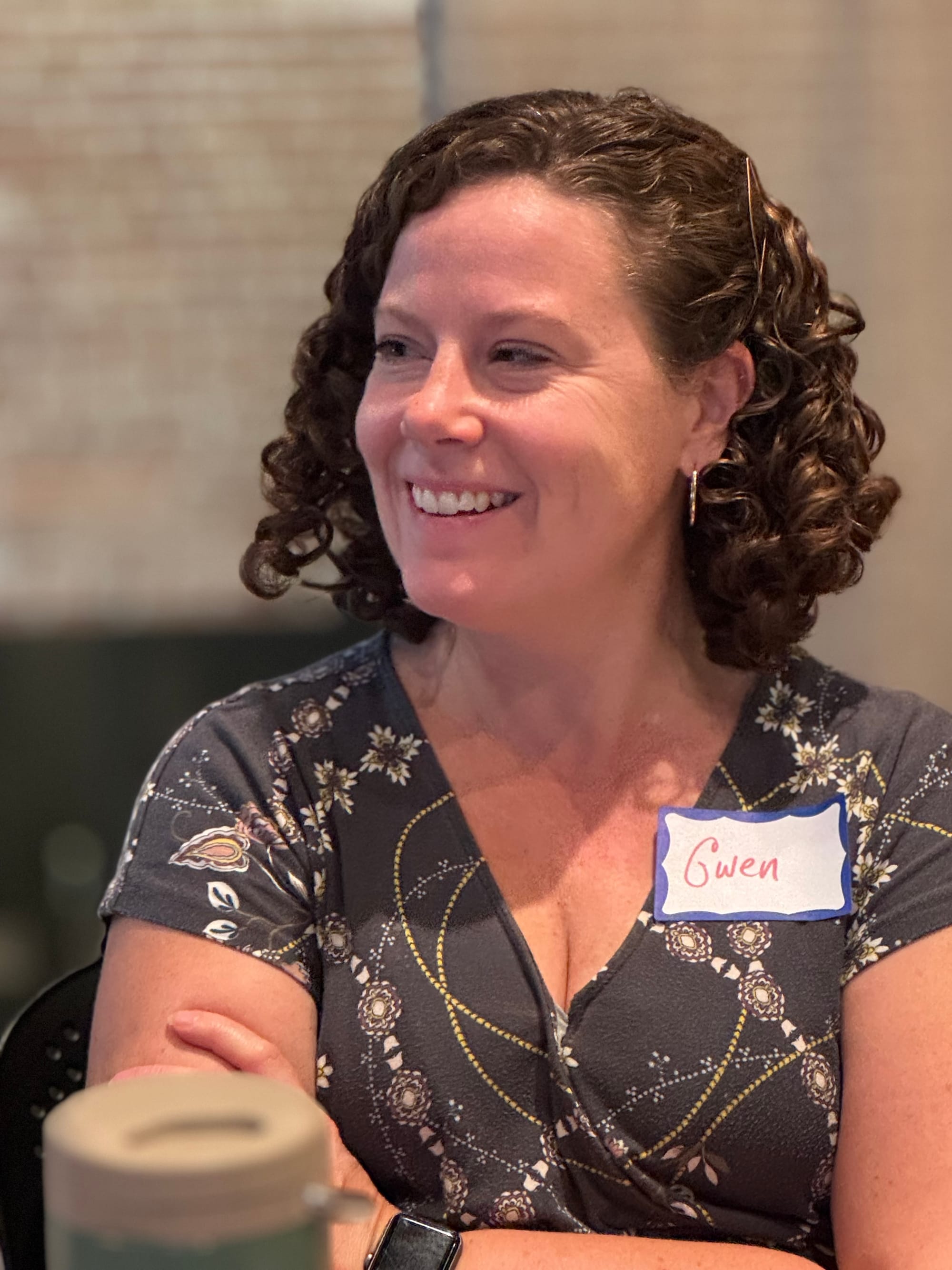
Winona area residents discuss housing challenges in their community on Thursday, Sept. 18, 2025, at the Winona History Center. (Mary Farrell for Project Optimist)
Housing ideas from the community
Here's a short summary of the survey asking participants to share stories and solutions.
Winona residents see affordable housing as urgent and solvable, but success will require policy changes, creative housing models, and more community leadership. There’s a need for systemic changes – policy, land development, social services. And there’s a need for community solutions – storytelling, relationships, aid.
Expand Housing Supply
- Build affordable and accessible units.
- Encourage “missing middle” housing.
- Reuse vacant spaces via zoning reform.
- Establish housing and community land trusts.
Supportive Infrastructure
- Resource navigators can connect residents with housing programs.
- Link housing to childcare, transportation, and good-paying jobs.
Community Engagement
- Continue public discussions that amplify lived experience.
- Use storytelling, poverty simulations, and direct conversations to deepen empathy and understanding of homelessness.
The September conversation and one before it in January 2024 provided a place for those empathy-building and relationship-building conversations.
The most recent gathering also focused on solutions. Residents want to see more spaces zoned for housing development. They want to see creative solutions, like old schools or churches converted into homes. In 2026 Project Optimist will report on unique housing developments in other parts of the state for sharable lessons.
Would a poverty simulation help?
Multiple participants suggested poverty simulations to convey the challenges of low-income life in the Winona area. These are role-playing events that imitate experiences common to those living in poverty, including the stresses of navigating government services. Semcac, a Community Action Agency in southeast Minnesota, has hosted and continues to host poverty simulations in Winona.
A 2018 Canadian study looked at the impact of poverty simulations and found they didn’t spur participants to take action on poverty but provided other benefits. “We conclude that the poverty simulation is only a step, albeit a potentially important one, to enhance participants’ understanding about the causes of poverty, and to alter their attitudes and beliefs about people living in poverty,” according to the study published in the Journal of Social Work.
There’s also a need for individual actions, and many attendees expressed plans to organize and talk about housing more, show up to public meetings and engage community leaders on housing.
Many urged acceptance of change and good or healthy conflict when asked, “What does a thriving community look like to you?”
Other answers expressed hope and pragmatism.
- “People using public spaces together. Community eyes on the street. Children playing safely. Approachable, accessible third places that are sacred and available to all.”
- “Loving accountability. Hard conversations. Diversity celebrated. Curiosity. Tradition. Commitment to growth.”
- “A strong support system where people know and help each other. Not just surviving, but thriving together.”
Follow Engage Winona for the ongoing efforts of Winona Area Kitchen Table. And stay tuned to the Project Optimist newsletter for stories on housing solutions across the state.
